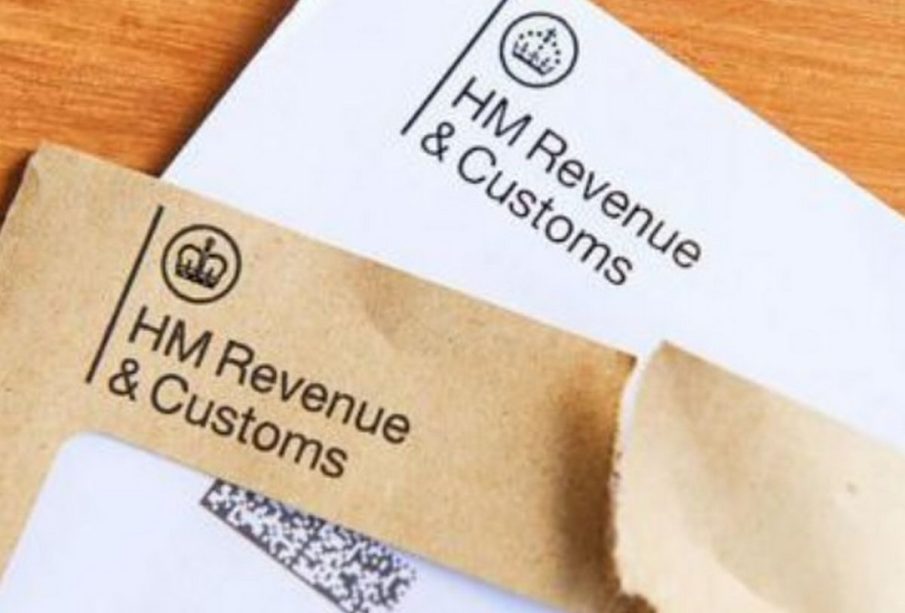Understanding HMRC Tax Bank Accounts

Introduction
HMRC tax bank accounts have become a vital topic for taxpayers in the UK as the government increasingly moves towards digital banking solutions. These accounts, which are used to manage tax payments and refunds, play a crucial role in ensuring that individuals and businesses meet their tax obligations. With the rise of online banking and the UK’s push for more transparency in tax collection, it’s essential for taxpayers to understand how HMRC tax bank accounts function and their relevance in today’s financial landscape.
What Are HMRC Tax Bank Accounts?
HMRC tax bank accounts are designated accounts used by taxpayers to facilitate their interaction with Her Majesty’s Revenue and Customs (HMRC). These accounts allow individuals and businesses to pay taxes, manage overpayments, and receive refunds directly. By having a separate account for tax obligations, taxpayers can better track their financial responsibilities and ensure timely payments.
Key Features of HMRC Tax Bank Accounts
1. **Separation of Funds**: One of the primary advantages of having an HMRC tax bank account is the ability to separate tax funds from personal or business finances. This separation helps mitigate the risk of overspending and provides a clear overview of tax-related finances.
2. **Online Access**: Most HMRC tax bank accounts offer online banking access, allowing taxpayers to manage their tax payments easily. This service is available 24/7, making it convenient for users to monitor their accounts and make transactions.
3. **Direct Payments and Refunds**: Taxpayers can make direct payments to HMRC, reducing the chances of late payments and associated penalties. Additionally, any tax refunds due can be deposited directly into the account, streamlining the process.
Recent Developments
In 2023, HMRC announced a series of updates to improve the functionality of tax bank accounts, responding to feedback from taxpayers. These updates include enhanced online features, better integration with personal finance applications, and the introduction of tools to forecast tax liabilities more effectively. Furthermore, awareness campaigns are being launched to educate the public about the benefits of using HMRC accounts for managing tax obligations.
Conclusion
In light of the increasing emphasis on digital banking and the need for improved tax compliance, HMRC tax bank accounts represent a significant evolution in the relationship between taxpayers and the government. As digital services expand and become more user-friendly, it is expected that the number of taxpayers utilising these accounts will grow. For individuals and businesses alike, mastering the use of HMRC tax bank accounts will be essential in managing tax responsibilities efficiently and avoiding potential financial pitfalls.







